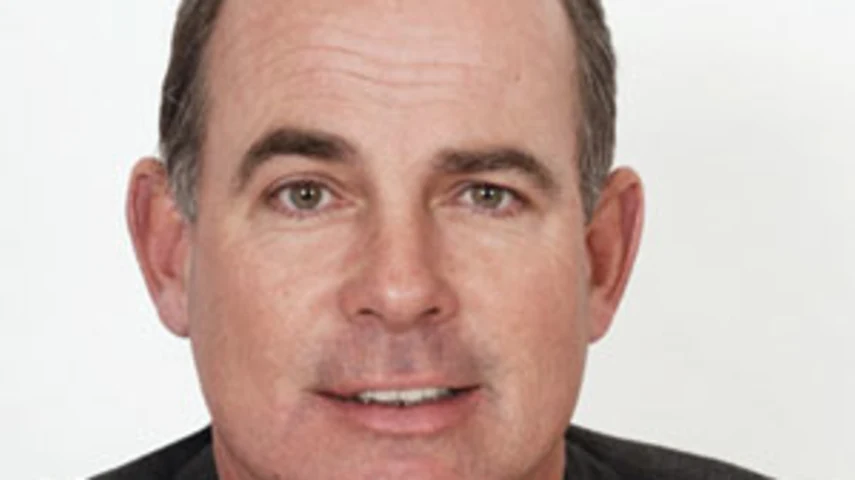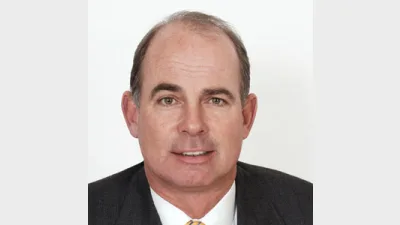IOOF result ‘solid’ despite 28 per cent decline



IOOF's acquisition of dealer group, Plan B, and improving markets were not enough to help it stave off a 28 per cent decline in net profit to $33.2 million.
Releasing its interim full-year results (31 December) to the Australian Securities Exchange today, IOOF pointed to underlying net profit being up five per cent to $50.9 million.
Commenting on the result, IOOF managing director Christopher Kelaher said the company had delivered "another solid underlying performance amidst an ever-changing financial and regulatory environment".
The IOOF board declared an interim dividend of 19.5 cents per ordinary share.
The company said funds under management, administration and advice (FUMA) had grown by 11 per cent to $85.5 billion and that, excluding recent acquisitions, average FUMA had grown 10 per cent to $85.5 billion.
It said that while recent acquisitions and the improvement in financial markets late in the period were key contributors, IOOF's flagship products had continued to grow organically, with net flow performance outperforming the market.
The company's analysis said the recent acquisitions of Plan B and DKN had added to the ongoing value of the organisation, with DKN reporting a $6.2 million underlying net profit result, which represented a 33 per cent increase over the previous corresponding period, while Plan B had reported a $1.5 million underlying net profit result for the three months between acquisition and the end of the period.
Giving his assessment of the outlook, Kelaher said the company was entering the second half of the financial year from a higher starting point and with the added impetus of a full six months of Plan B and a full year of DKN.
"Should there be no further acquisitions, and without major fluctuations in global markets, IOOF should at least mirror the interim result for 2012/13," he said. "The pursuit of organic growth alongside expansion via acquisition is a strategy that has served IOOF well throughout challenging markets and will remain a feature."
Recommended for you
In this episode of Relative Return Insider, host Keith Ford and AMP deputy chief economist Diana Mousina break down the spike in inflation numbers and what it means for the possibility of a rate cut as we move into the new year.
In this episode of Relative Return Insider, host Keith Ford and AMP economist My Bui explore Prime Minister Anthony Albanese’s trip to the US and the critical minerals deal stemming from his meeting with President Donald Trump.
In this episode of Relative Return Insider, host Keith Ford and AMP chief economist Shane Oliver unpack the latest unemployment numbers and what they mean for a rate cut, as well as how the latest flare-up in the ongoing US–China trade dispute has highlighted the remaining disparity between gold and bitcoin.
In this episode of Relative Return Insider, host Keith Ford and AMP chief economist Shane Oliver take a look at the unfolding impacts and potential economic ramifications of the US government shutdown and the surge in gold and bitcoin prices.







